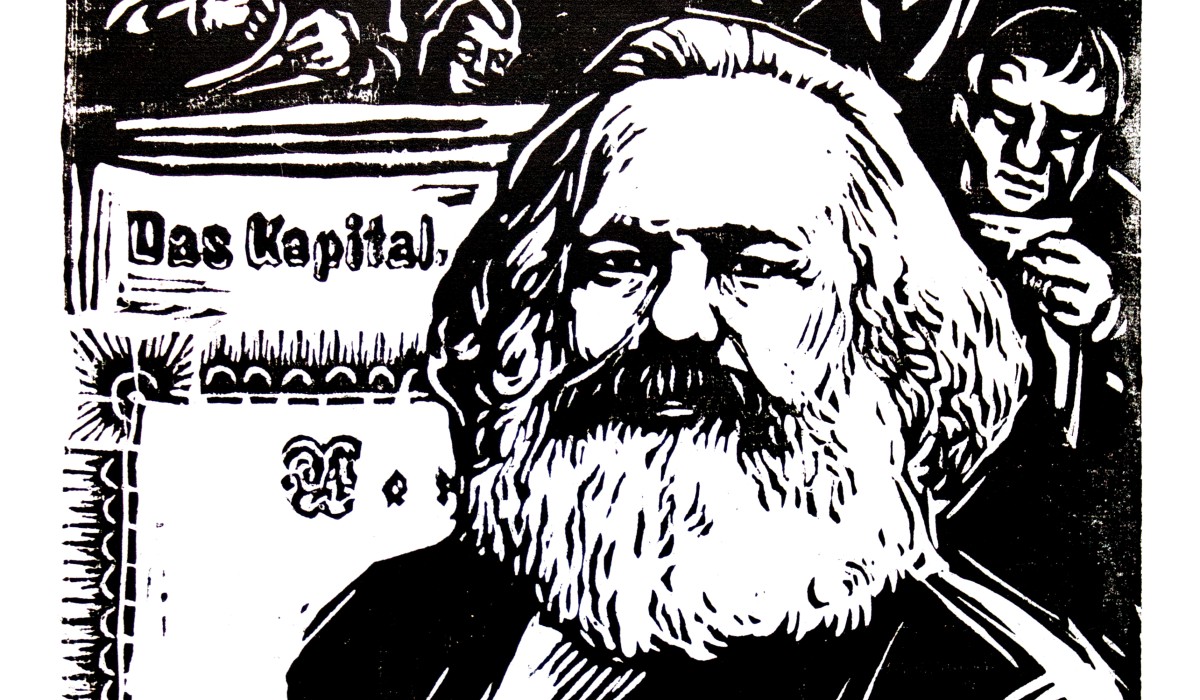 Karl Marx. Photo: Robert Diedrichs / CC BY-SA 3.0
Karl Marx. Photo: Robert Diedrichs / CC BY-SA 3.0
140 years after Karl Marx’s death, Chris Nineham and Dominic Alexander recommend ways in to his work
Marx’s work remains essential for anyone who wants to see fundamental change. He developed the definitive understanding of capitalism as a system based on the brutal exploitation of working people. He was also the first to fully explain why working class struggles are the key to liberating humanity. In the process, Marx and his close collaborator Frederick Engels, developed an unsurpassed, materialist and historical understanding of human society. As a result, Marx saw history not as a series of accidents or the actions of individuals, but struggles by different social forces over how society should be organised.
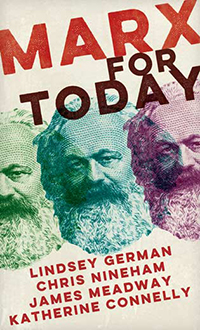
Three relatively recent introductions to Marx’s overall thought and practice stand out. The short pamphlet Marx for Today contains four essays by Marxist activists and authors on Marx’s life, his philosophy, his economics and his revolutionary politics.
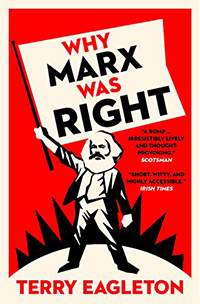
Terry Eagleton’s Why Marx was Right is a longer defence of his ideas based on a series of entertaining rebuttals of the standard attacks lines against Marx and Marxism.
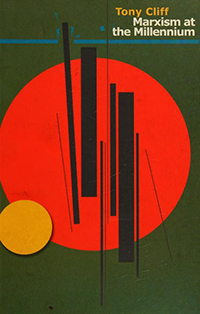
Marxism at the Millennium by revolutionary socialist and writer Tony Cliff contains a very useful series of essays on the continuing importance of Marxist ideas in understanding globalisation, the threat of fascism, the dangers of militarism and much more. It also contains a vigorous defence of the importance of theory itself. Cliff wrote:
‘When Marx and Engels write that revolutionaries have to generalise the historical and international experience of the working class movement, this cannot be done except through study, through theory. One cannot know about the Paris Commune from one’s own experience.’

Amongst Marx’s own writing, The Communist Manifesto, written with Engels in 1848 as the platform of the Communist League, is the place to start. The manifesto puts class struggle at the centre of historical change. It charts the achievements of bourgeois class power, but also explains that the capitalists’ defeat of feudalism led not to a free society but a new even more brutal form of exploitation.
A workers’ revolution on the other hand would put an end to class society once and for all by creating ‘an association in which the free development of each is the condition for the free development of all’. The pamphlet ends with a fascinating account of other, non-revolutionary, socialist theories of the time and one of the first outlines of a revolutionary strategy, which still stands up today.
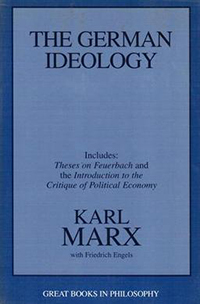
The first part of The German Ideology, written a few years earlier, lays out Marx and Engels’ method in more depth. To understand society, Marx started not with what people say or imagine about themselves but from their ‘material life processes’. As he says ‘consciousness does not determine being, but being determines consciousness’. A brilliant sketch of a history of class society follows the philosophical opening and part one ends with one of the most stirring calls to revolution ever written. Try and get hold of a copy of the German Ideology with Arthur J Clarke’s introduction – it’s a great analysis of the development of Marx and Engel’s early thought.
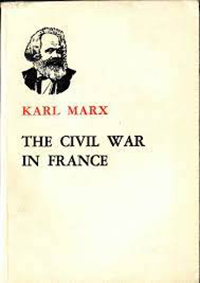
Marx’s history writing is enthralling and makes a mockery of the idea that Marx was a crude determinist. The Civil War in France is Marx’s defence of the Paris Commune of 1871 when workers took power and ran a city for the first time. It is a brilliant piece of writing which explains the circumstances that made the insurrection possible, but also gives a flavour of the working class creativity and self-organisation that made it happen.
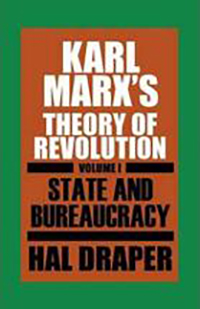
Many of the excellent Penguin Marx series have very useful introductions by David Fernbach which give social and political context to the originals. The volumes on the state and on class in Hal Draper’s series on Karl Marx’s Theory of Revolution are extremely valuable in bringing together Marx’s writings on both these issues which are so central to Marx’s thinking.
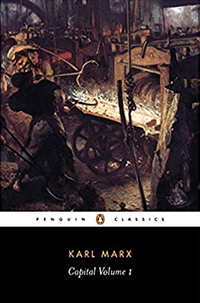
Reading Marx’s great economic and political work Capital is not as daunting as some suggest. Volume one is the easiest to read, with a considerable amount of historical material, so is its own way into the three volumes.
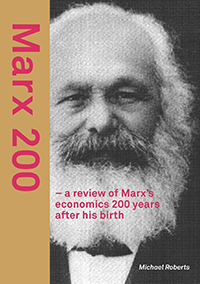
There are also plenty of accessible introductions to Capital and Marx’s economic thought. One short and very readable introduction is Michael Roberts, Marx 200 – a review of Marx’s economics 200 years after his birth which outlines Marx’s key concepts and the main lines of his analysis across the three volumes.
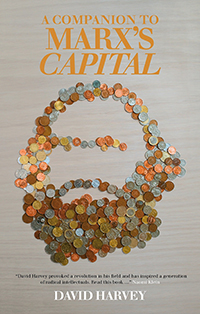
Another very useful way into Marx’s longest work is David Harvey’s A Companion to Marx’s Capital. The opening chapter is an excellent essay unpacking how Marx proceeds in his analysis and argument.
Happy reading!
Join Revolution! May Day weekender in London
The world is changing fast. From tariffs and trade wars to the continuing genocide in Gaza to Starmer’s austerity 2.0.
Revolution! on Saturday 3 – Sunday 4 May brings together leading activists and authors to discuss the key questions of the moment and chart a strategy for the left.

